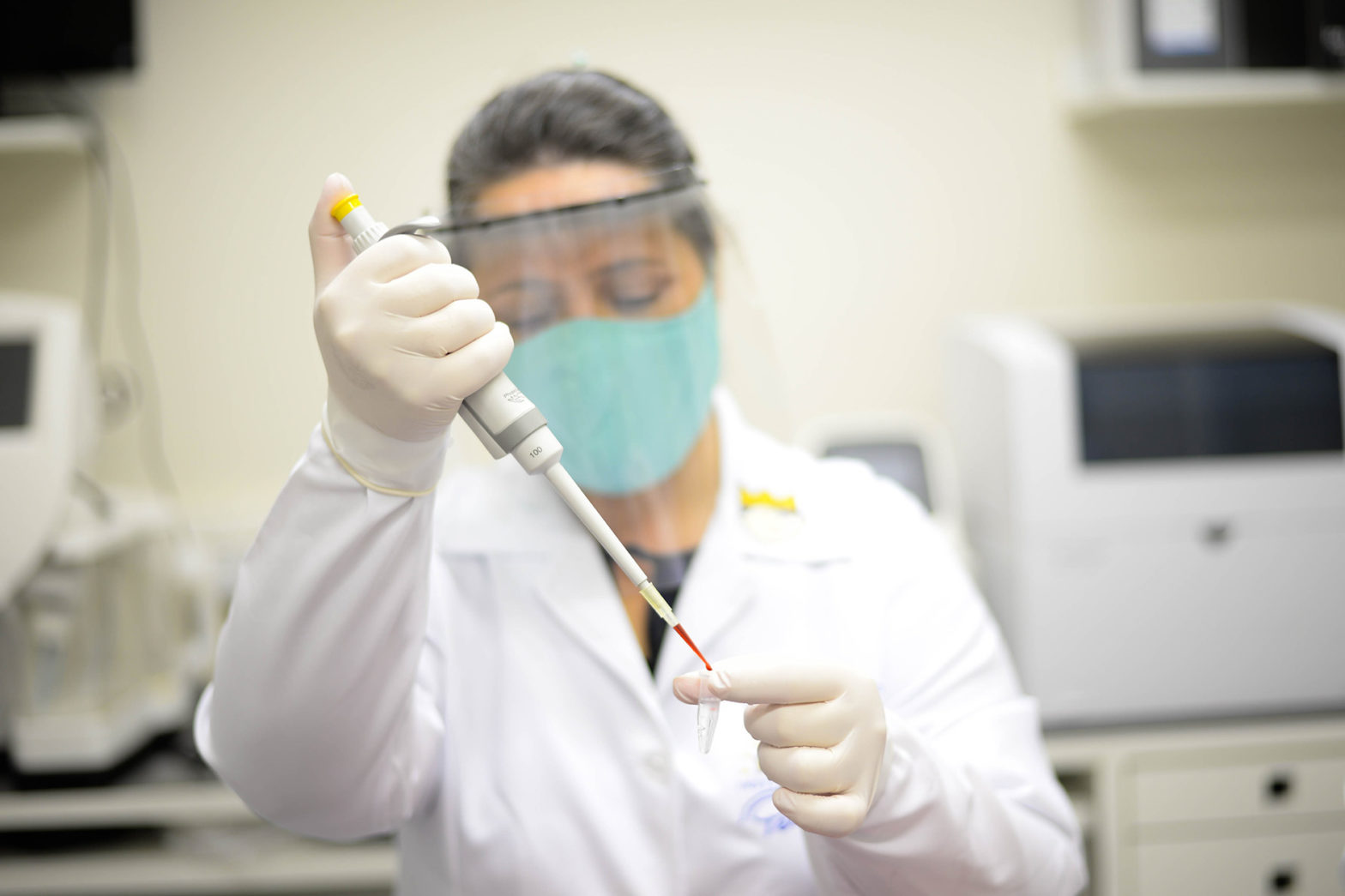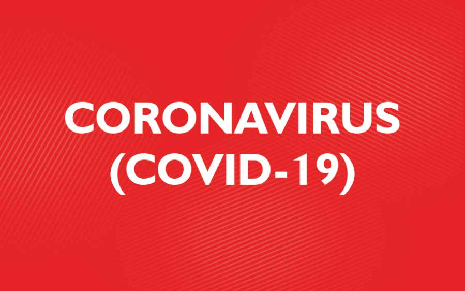Baby with neurodegenerative disease receives revolutionary therapy at Pequeno Príncipe Hospital
Known as the most expensive medicine in the world, Zolgensma was applied to a 10-month-old baby who won the medication in a worldwide raffle

September 16, 2020 will be marked in the history of Pequeno Príncipe and in the life of ten-month-old baby Amanda Soave, born in Xanxerê, Santa Catarina. It was on that day that she received, at Pequeno Príncipe Hospital, Zolgensma, known as the most expensive medicine in the world, which a single dose costs about US$ 2 million. Amanda was the first Brazilian child to receive medication to treat Spinal Muscular Atrophy (SMA) free of charge through the global access program created by the pharmaceutical company Novartis, the product developer.
“The company has created a program for global access to the drug, which is giving away up to 100 doses to children from countries where Zolgensma is not yet registered. Amanda was one of the winners of this raffle,” explains the neuropediatrician at the Hospital who is following the patient, Adriana Banzzatto Ortega. Pequeno Príncipe was one of five Brazilian hospitals certified to apply the medication.
“We were authorized to apply because we were accredited by the National Biosafety Commission, meeting standards for handling genetically modified organisms. In addition, we have a team specialized in the care of this disease, formed by neuropediatricians, physiotherapists, speech therapists and other professionals,” highlights the technical director of the Hospital, Donizetti Dimer Giamberardino Filho.
In addition to Amanda, a child from Rio de Janeiro was also chosen by the global access program and should receive medication this month, also at Pequeno Príncipe.

Amanda’s story
“Before she was three months old, Amanda stopped breastfeeding. We thought she just didn’t want it anymore and we introduced the bottle. But she started to take less and less,” says her mother, Eli Carla da Silva Soave. There were several medical appointments, milk and bottle replacement, months without gaining weight, until the family was diagnosed with type 1 SMA, when Amanda was five months old. There are three types of SMA. Type 1 is a rare and untreated neurodegenerative disease that, without treatment, can lead a child to death or dependence on mechanical ventilation before 2 years of age. It is estimated that one in every 10,000 born is affected by the rare disease.
“Our dream was to get Zolgensma, because it brings a better result. We started a campaign to raise the funds needed, which is very high. We were going to appeal to court and there was still the possibility of this raffle. But as it was a worldwide raffle, we had little hope of achieving it that way,” reveals the mother.
“On August 5, Dr. Adriana sent us a message saying that she needed to talk to us. As soon as my husband arrived from work, she called us and told us that Amanda was one of the winners. It was a joy that I was speechless. We couldn’t believe it! Our daughter is very blessed,” emphasizes Eli.

Global access
Amanda was the first Brazilian child to receive medication through the global access program created by Novartis. According to the company, the Global Program for Access to Zolgensma (onasemnogene abeparvovec) “is based on the principles of fairness, clinical need and global accessibility” and allowed children in Asia, Australia, Europe, North America and Latin America to receive treatment. Novartis had an independent bioethics committee to develop the initiative.
“The Zolgensma Global Assistance Program is an initiative designed to allow eligible patients, in countries where the therapy is not yet approved, to have access to treatment. It is a long-term commitment, with additional doses made available to the program in six-month cycles, based on the need for patients and production capacity,” informs the medical director of the Novartis Gene Therapy business unit, Janaina Lana.
Expectations
According to neuropediatrician Adriana, Amanda has few movements in her arms and is able to support her head for only a few minutes. She stays on the mechanical ventilation for about 17 hours a day. From the application of Zolgensma, the expectation is that the need for a respirator will be reduced, until it reaches about seven hours a day. It is also expected that it will improve the strength and movements of legs, arms and head.
“With five days of application, we already see improvements in Amanda. For example, she started to turn her head to both sides, before she could only turn it to one side. She managed to stretch her arms more and the crying is much stronger. She is managing to communicate better with us,” says the mother.
How the medicine works
SMA is caused by the absence or defect in the gene that produces SMN, a protein that “protects” motor neurons – precisely those responsible for bringing the nervous impulse from the spine to the muscles. Without this protein, neurons die and impulses do not reach the muscles, which causes a progressive loss of muscle function and the consequent atrophy and paralysis of muscles, affecting breathing, swallowing, speech and the ability to walk. Zolgensma works by providing the patient with a functional copy of the human SMN gene to stop the progression of the disease, through continuous production of the SMN protein. The medication is administered as a single intravenous infusion, designed to maintain long-term effects.
“My hope is that my daughter will be able to do what any other child does. I know that the medicine does not bring a complete cure, but I have that hope. I thank God very much for giving me Amanda to take care of. To the other parents who are going through this same situation, I wish them a lot of strength to face all the challenges,” concludes the mother.
Watch the video and learn more about the Amanda’s story:
More
Scientists discover genetic and immunological causes of severe forms of COVID-19
A study coordinated in Brazil by the Pelé Pequeno Príncipe Research Institute shows that more than 10% of patients with severe disease condition produce autoantibodies
COVID-19 Report
Until 10 a.m. on October 9, the Pequeno Príncipe Hospital treated 822 suspected cases of the disease, 120 of which were confirmed




